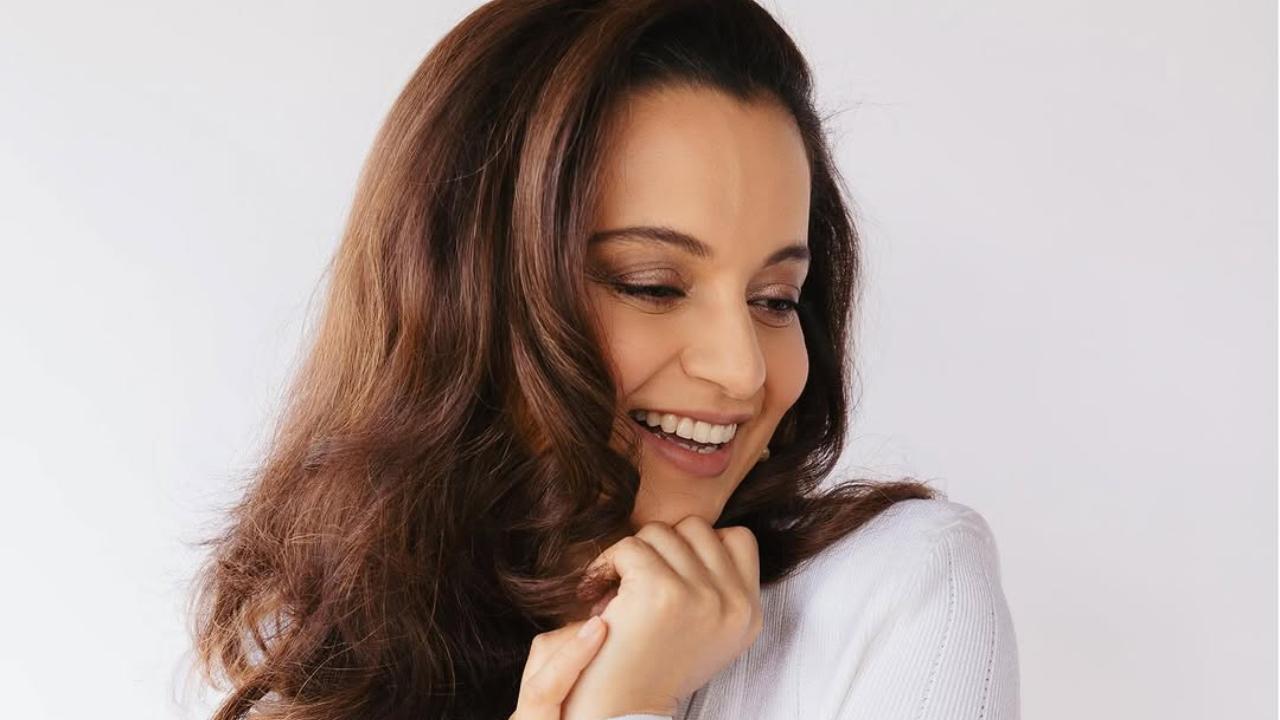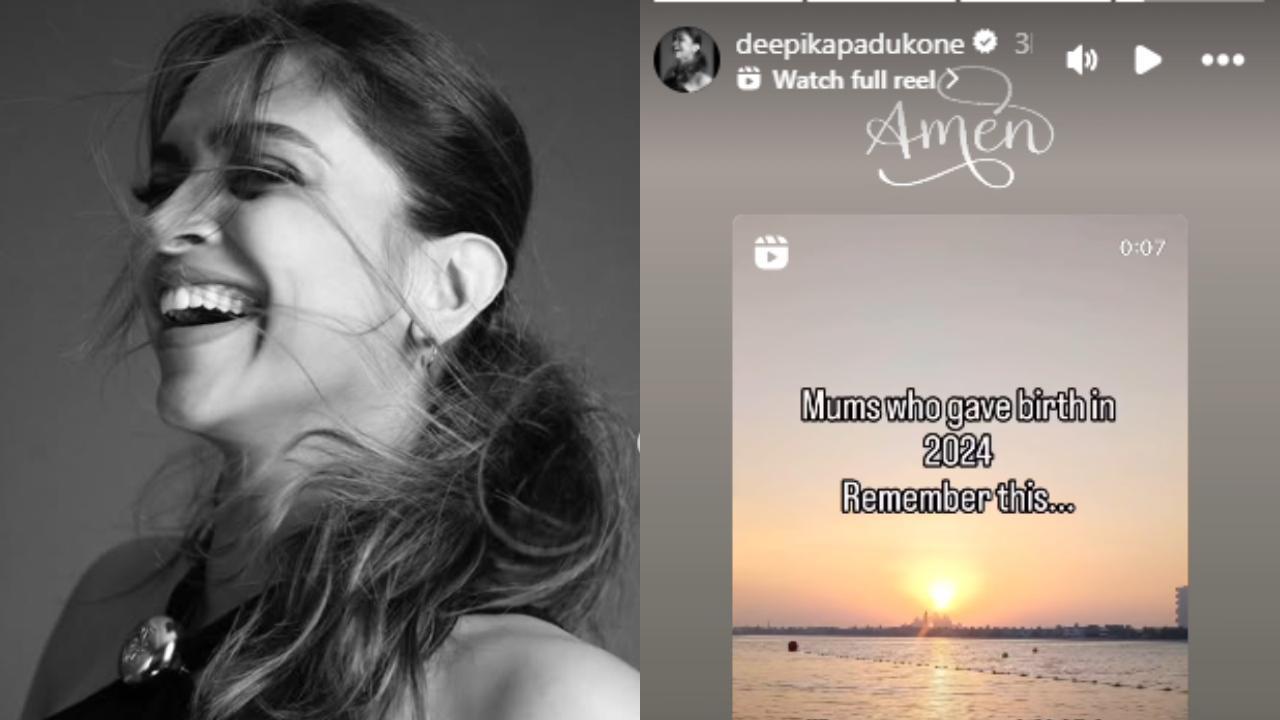
Recently, the Hindi film industry witnessed the release of a poignant love story, ‘Safed’, which made its way to audiences via the streaming platform Zee5. The movie has cast a spotlight on a subject rarely touched upon in mainstream Indian cinema, unraveling the intricacies of a love story between a widow and a transgender individual. Directed, written, and produced by the versatile Sandeep Singh, the film boasts a lineup of actors like Abhay Verma, Meera Chopra, and Chhaya Kadam who have portrayed their parts with finesse.
Yet, before the movie graced the screens, the role of Radha – the central transgender figure in the narrative – became a topic of industry whispers. It has now been unveiled that none other than the musical maestro Sonu Nigam was approached for this groundbreaking character. To many, Sonu Nigam is the voice that crooned classics and captured hearts; however, the idea of him in an on-screen performance, especially in such a uniquely challenging role, stirred intrigue across the cinematic landscape.
In what may come as a surprise to his ardent admirers, the legendary singer Sonu Nigam made the decision to step away from the offer. It wasn’t just Nigam who bore hesitation, as names such as Gauhar Khan and Sunil Grover also surfaced in relation to the role of Radha, only to subsequently decline the part. This posed the question – why did these coveted artists steer clear of the role?
The realm of acting is not new to Sonu Nigam. His appearances, albeit fleeting in films, alongside music videos, have not gone unnoticed. Yet, potentially embodying Radha, a character devoid of social identity and enduring the tumult of profound emotional distress, seemed to be a leap even this virtuoso flinched at. It prompts a broader discourse on whether the portrayal of a transgender person onscreen is perceived as daunting by even the most versatile of entertainers. The depth of character, coupled with the societal stereotypes and stigmas surrounding the transgender community, undoubtedly contributes to such roles being challenging for any artist.
The quandary extends past the bounds of individual decisions, resonating with the societal sentiment towards transgender narratives. It also mirrors the hesitation often faced by the transgender community itself in seeking mainstream acceptance. Nonetheless, the role of Radha remained pivotal, needing an actor capable of not just empathizing with the complexities the character faced but also portraying them authentically onscreen.
As the search continued, the filmmakers ultimately filled the void with the accomplished television and film actress Barkha Bisht. Bisht, known for her dynamic TV roles and memorable screen performances, graciously accepted the challenge, embracing the lattice of vulnerability and strength that Radha’s character demanded.
‘Safed’, with its offbeat theme and intriguing casting decisions, has charted new territory in the Indian film industry, weaving a narrative entwined with loss, identity, and forbidden love. The films serve as a canvas where social taboos confront the essence of humanity, where characters like Radha propel us to face our collective discomfort and biases.
The role of Radha encapsulates a journey filled with longing and acceptance, one that remarkably highlights the transcending nature of love. With Bisht at the helm, the character receives the portrayal it deserves, effortlessly drawing viewers into the core of Radha’s tumultuous yet courageous world.
Even as Barkha Bisht shines in her portrayal of Radha, the declinations by Nigam and others linger as a note of reflection for the industry, signaling the progressed yet stilted acceptance of diverse narratives within cinematic circles. ‘Safed’ stands as a testament not only to storytelling’s power to challenge norms but also to the progressive strides still needed amongst performers and audiences alike. As Radha’s tale unfolds on screens, there is hope that the film’s ripples will carve deeper inroads for stories that deserve to be told, roles that demand more than just a second glance from the stars of our time.










